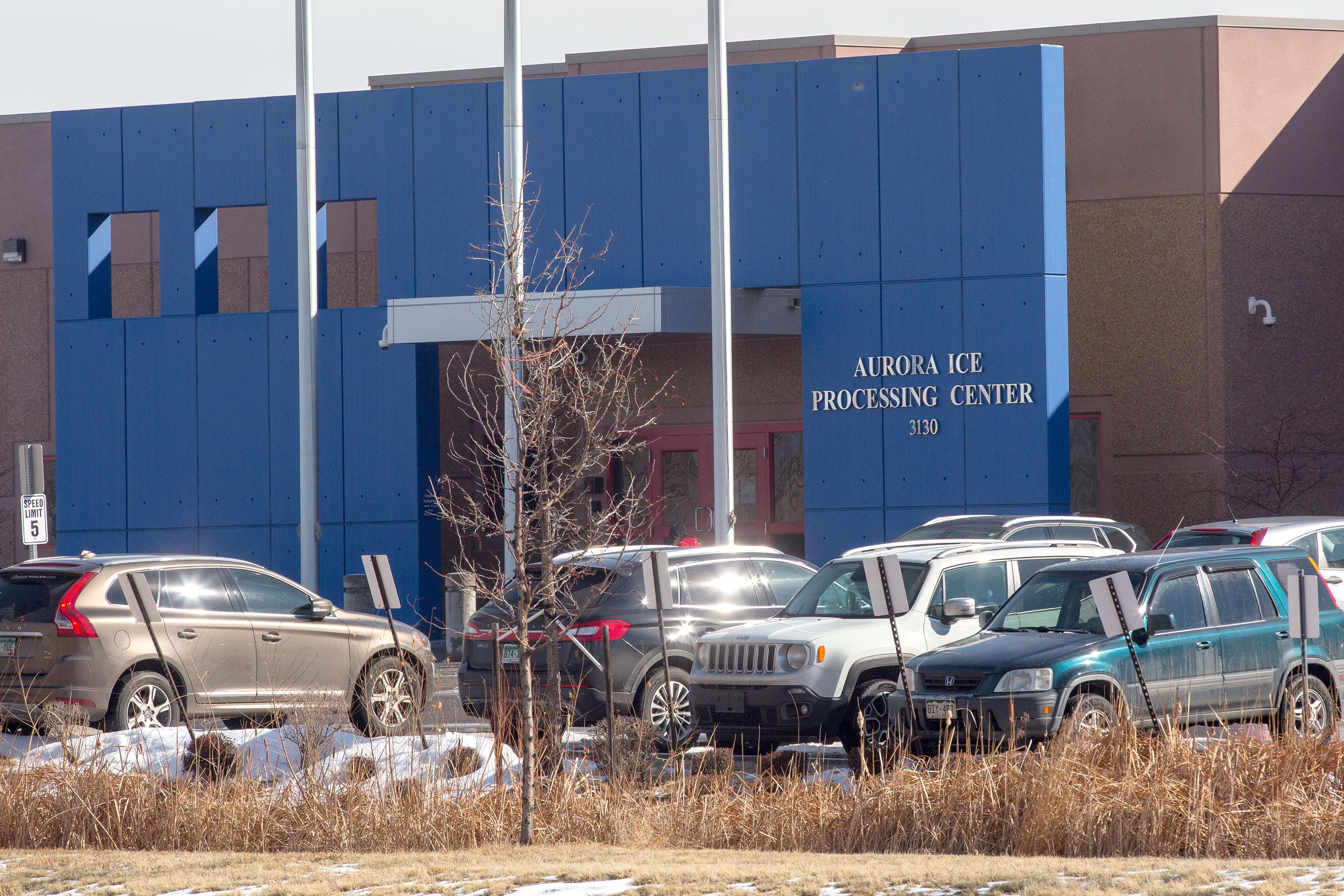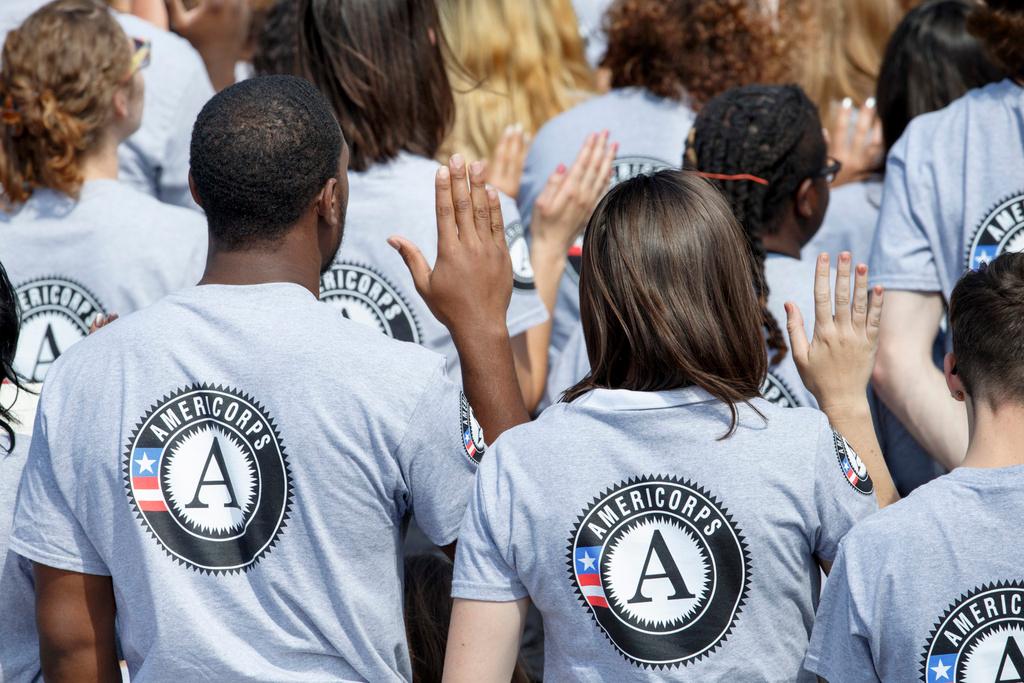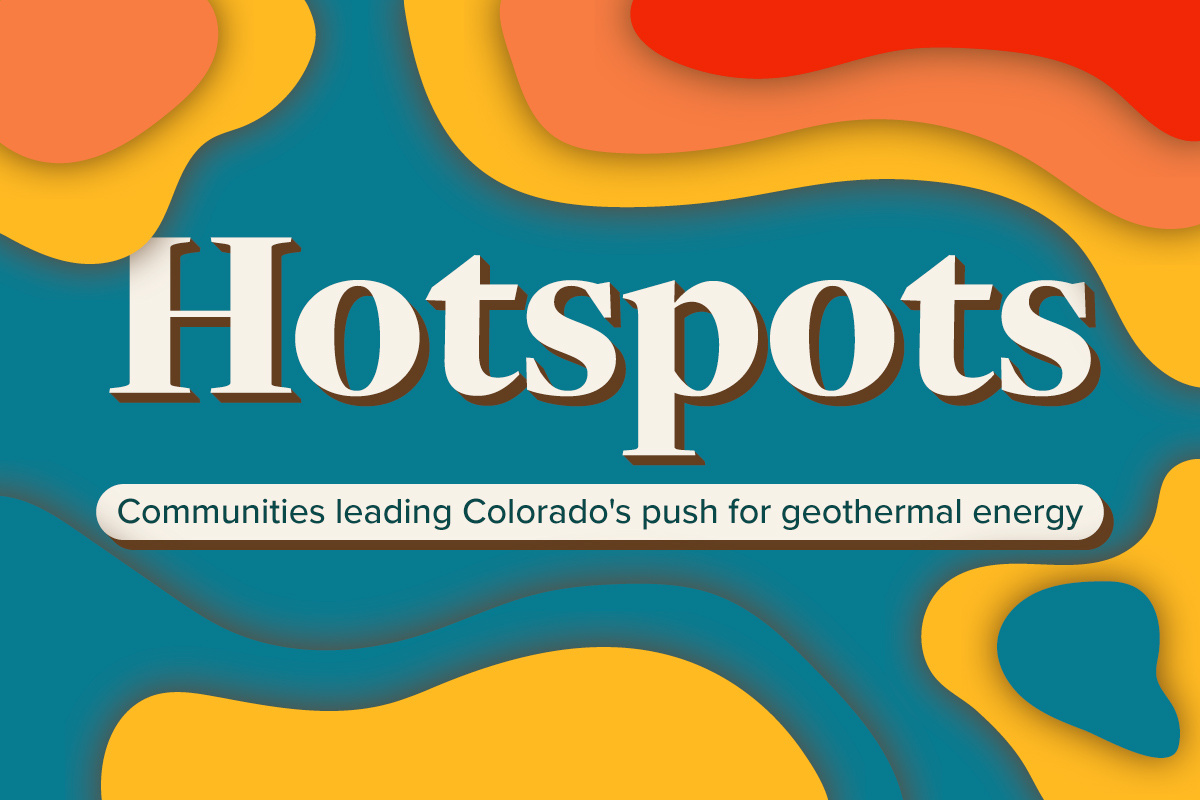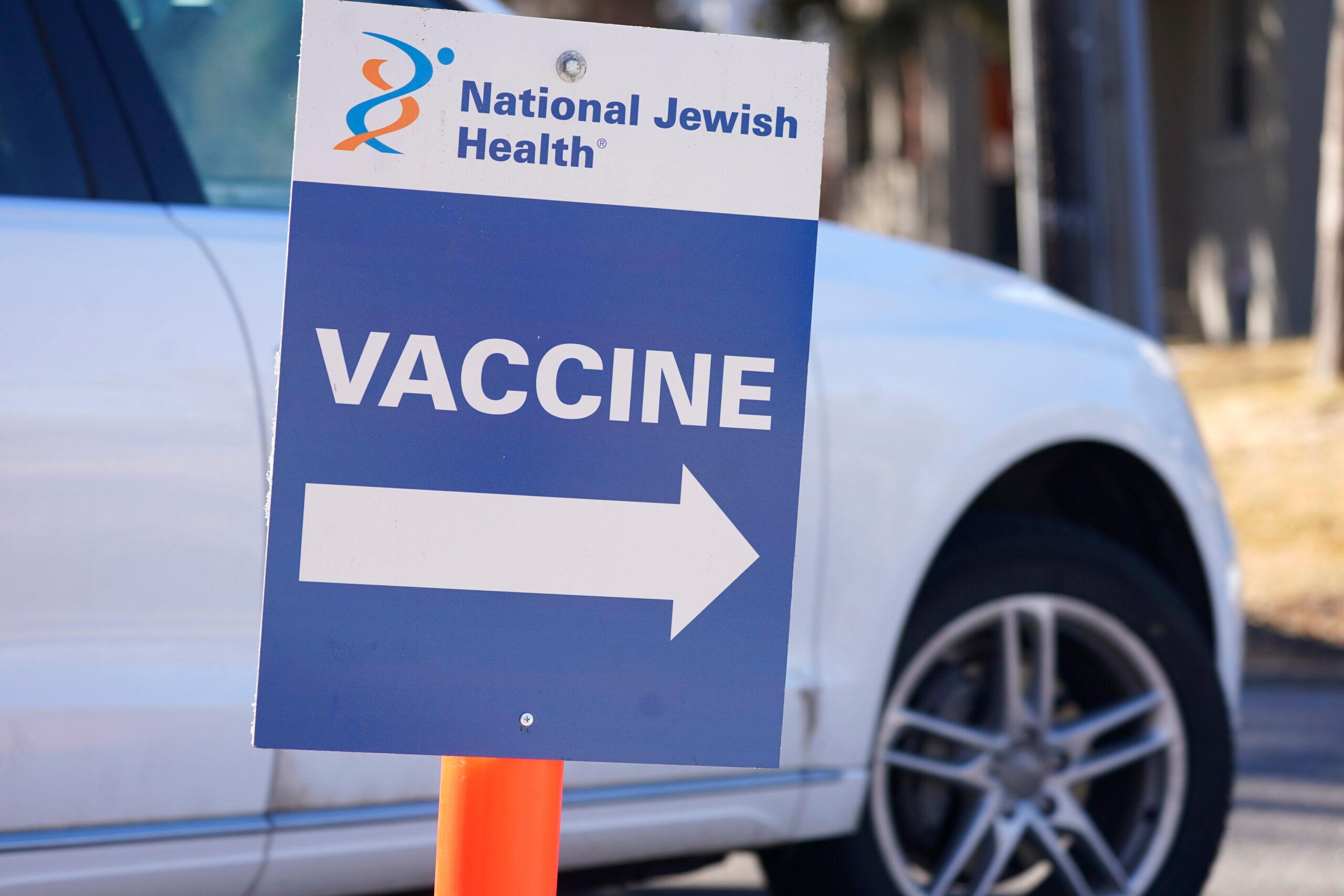
When Congress sent billions of dollars to state and local governments, most lawmakers thought it would be used to help them deal with the public health crisis. Or help keep small businesses afloat and aid individuals struggling. Or even upgrade needed infrastructure.
But Colorado and other states are using some of that money as an incentive for people to get vaccinated against COVID-19 or get back to work.
“I didn’t really consider it as I was voting on the CARES Act or the American Rescue Plan, but I’m not opposed to it,” said Democratic Rep. Ed Perlmutter. “We want to get as many people vaccinated as soon as possible, and if this lottery helps in this regard then OK, great!”
Colorado is following the lead of Ohio — offering a million dollars each to five vaccinated individuals, plus a scholarship program for kids — as an incentive for people to get the COVID-19 vaccine. Other states are jumping on board the incentive train — cash, bonds, state park passes or hunting and fishing licenses. In West Virginia, a hunting rifle is one possible prize for a vaccinated person.
Whether these sorts of incentives actually drive vaccine participation is still unclear. Some health experts worry they may not be as helpful if people need booster shots to maintain immunity. But when it comes to getting that first shot, others are willing to give incentives a chance.
“Carrots are far better than sticks,” said Scott Lincicome, senior fellow in economic studies at the Cato Institute, a libertarian think tank. He does not think a government mandate to get vaccinated would work, and the slowing demand for shots shows the limits of public information campaigns.
Lincicome said anything that encourages vaccine uptake, especially among the vaccine hesitant, without force or mandate is a good thing.
“So, to the extent that states have the money allocated, to the extent they are going to spend this money anyway on public health promotion, it makes good sense for them to figure out what will actually get people off the fence,” he explained.
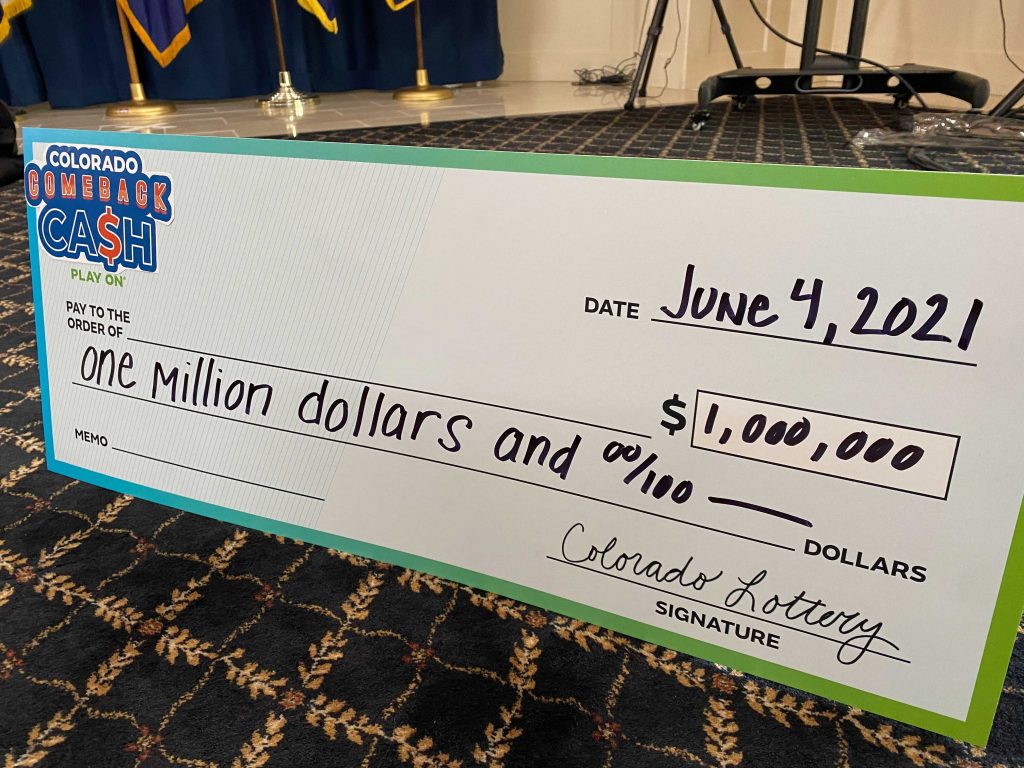
Not everyone agrees, though.
Republican Rep. Lauren Boebert criticized the idea on Twitter. She, like Colorado’s other two sitting Republicans, did not support the American Rescue Plan. Boebert wrote that she’s not a fan of Democratic Governor Jared Polis using taxpayer dollars to fund his COVID drawing. She said the government doesn’t need to be in the business of bribing people to get vaccinated.
But vaccination rates, which have been flattening in Colorado, may indicate otherwise. CPR News reached out to Reps. Ken Buck and Doug Lamborn for comment, but did not receive a reply. Neither voted for last year’s CARES Act package, citing the large price tag.
Overall, 45 percent of the state population is fully vaccinated, with 54 percent already having at least one dose.
Mike Farquharson, policy analyst for the Committee for a Responsible Federal Budget, argued that if incentives motivate people to get vaccinated, the ends may justify the means.
“You know it seems, I think, irresponsible to run lotteries, but if you think about their purpose — and their purpose is to make sure people get vaccinated — I think it probably is a good use of the funds,” he said.
He and other supporters also point out the substantial economic impact of having a mostly vaccinated population.
Democratic Rep. Jason Crow suggested cash incentives like the drawing could save the government money down the road. After all, the longer the pandemic goes on, the more expensive recovery becomes. He doesn’t understand the criticism some have to these out of the box approaches.
“Bottom line is those who are critical do not have solutions. And they’re not trying to work productively to end this. I’m a firm believer in doing what we have to do,” he said.
Treasury Department rules allow coronavirus relief funds to be used for marketing the vaccine. Polis has argued these lotteries complement the marketing campaign and are an effective way to get the message out.
“Really every winner is an ambassador for the vaccination program — to demystify it, to highlight it,” Polis said.
Democratic Rep. Diana DeGette agrees.
“If some state leaders believe a lottery-style promotion will generate more buzz and entice more people to step-up and get vaccinated in their area — as compared to the more traditional forms of marketing this money would have otherwise been spent on — then I say: Let’s do it. Because, at the end of the day, we’re all in this together; and the more people we get vaccinated, the sooner we can return to pre-pandemic life,” she said.
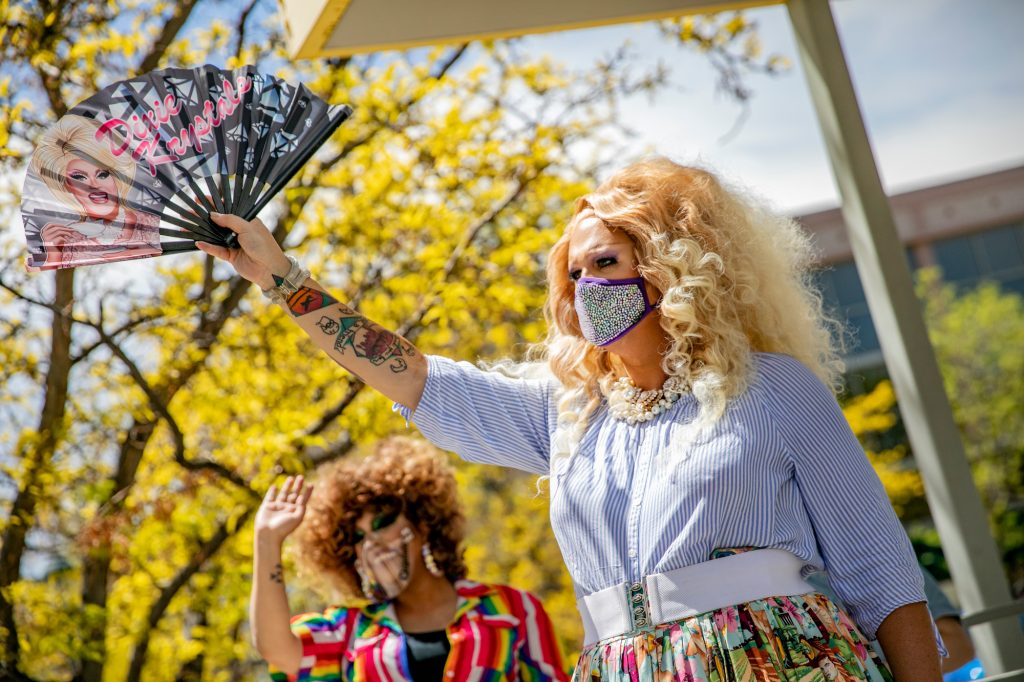
But if there is some agreement that getting shots in arms is a good thing, there remains disagreement about less direct incentives — like back to work bonuses. Colorado is one of a number of states also offering people money to go back to work. The CATO Institute’s Lincicome said that reaffirms that the amount of state and local funds in the American Rescue Plan didn’t necessarily reflect the reality on the ground.
“They simply went ahead with spending as if we were still in crisis mode, with a ton of uncertainty out there — and sure there was some uncertainty, but not nearly as much,” he said.
Crow pushes back on this notion. He said there are lots of reasons people aren’t back to work, such as low wages, health fears, and kids still at home.
Rep. Joe Neguse, who helped lead the push for additional direct local aid, pointed to all the traditional ways local governments are using the federal funds.
“The Town of Breckenridge has already announced they will utilize their funds to reimburse the money they distributed to struggling small businesses and to provide rent relief at the height of the pandemic. And the City of Fort Collins is dividing their funds between immediate COVID-19 response needs and long-term recovery efforts,” he said. “Cities across our district are similarly putting these funds to use to support our communities as we recover from the pandemic. Our communities have faced unprecedented challenges, and funding from the American Rescue Plan will ensure they get the help they need.”
And Democratic Sen. Michael Bennet said the coronavirus relief measures were about offering state and local governments flexibility.
“I think we all believed that a one-size-fits-all approach didn’t make sense and states would have to make their decisions. And I think the governor’s done a good job,” he said.
At least one Colorado county has taken a page from the state’s incentive plan. Mesa County is running its own county wide COVID-19 vaccine lottery — with a grand prize of $90,000 dollars — in the hopes that it will help lift the county's partially vaccinated rate of 42 percent closer to the goal of 70 percent.
CPR’s coverage of Colorado’s congressional delegation focuses on accountability and on providing information constituents need to live their lives. Read more about our priorities here.

